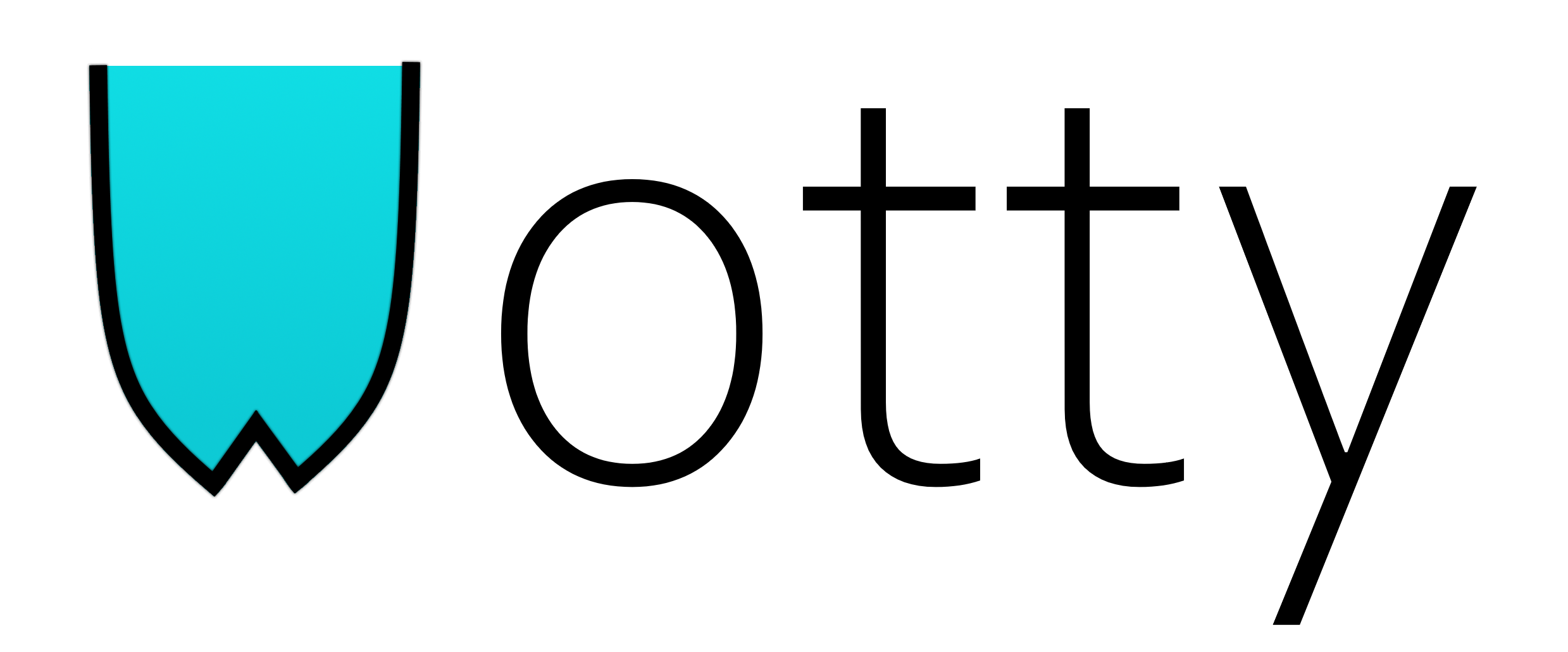
The mention of effective communication to me sounds like a buzzword used in business-speak with no real meaning. I was first introduced to effective communication through a book called "How to negotiate: Never Split the Difference". Which explains through
negotiations how mutually beneficial negotiations can be achieved to avoid standard negotiation strategies that often leave people dissatisfied. This video essay gives a very good summary.
From what I have talked about so far, I have only given examples in a business setting, not helpful when it comes to personal interactions. Here I think it useful to listen to the work of Dr.K a psychiatrist who has focussed in recent years on trying
to improve the problems with video game addiction, although this is not something I have struggled with personally, he has a wealth of useful videos outlining interesting aspects of psychiatry and the mind.
^ I have
linked the video that outlines the key concepts and what to avoid when someone comes to you with a problem. Be a reflective listener rather than a problem solver or reassurer.
Usually, when people come to others with problems it is
very instinctive to say something along the lines of "It's going to be ok". Although is it a very natural response, it can be incredibly invalidating. Dr K brings up an example of a girlfriend leaving someone. It can be incredibly invalidating
to hear "you're such an amazing person, you will find someone." because the subtext behind that is that the person; "Your feelings are stupid, of course, you will find someone, you're wrong".
The correct thing to say is "man that sucks,
you must be feeling like s*** is there anything I can do to help?". Much like Chris Voss mentioned in his psychotherapy example, the first step should be to summarise what the other person has said to you. A much longer but more informative
video from Dr K breaks down the common pitfalls of conversation and suggests how people can change the way one communicates.
| What to do? | What not to do? |
|---|---|
| 1. Reflective Listening 2. Validation 3.Inquiry |
1. Share your opinion 2. Problem Solving 3. Sympathise |
Personally, I am very much a problem solver, I love to get proposed a problem and try and find a solution that works, it has been incredibly useful to learn reflective listening to deal with people's problem, as most of the time, when someone comes to me with a problem they are facing, they really just want someone to confide in. The solution they can come with themselves, I have found it useful to guide people's understanding of their problem but ultimately, to get the best outcome, people are capable of conceived a solution from their own mind after explaining the problem to a confidant.